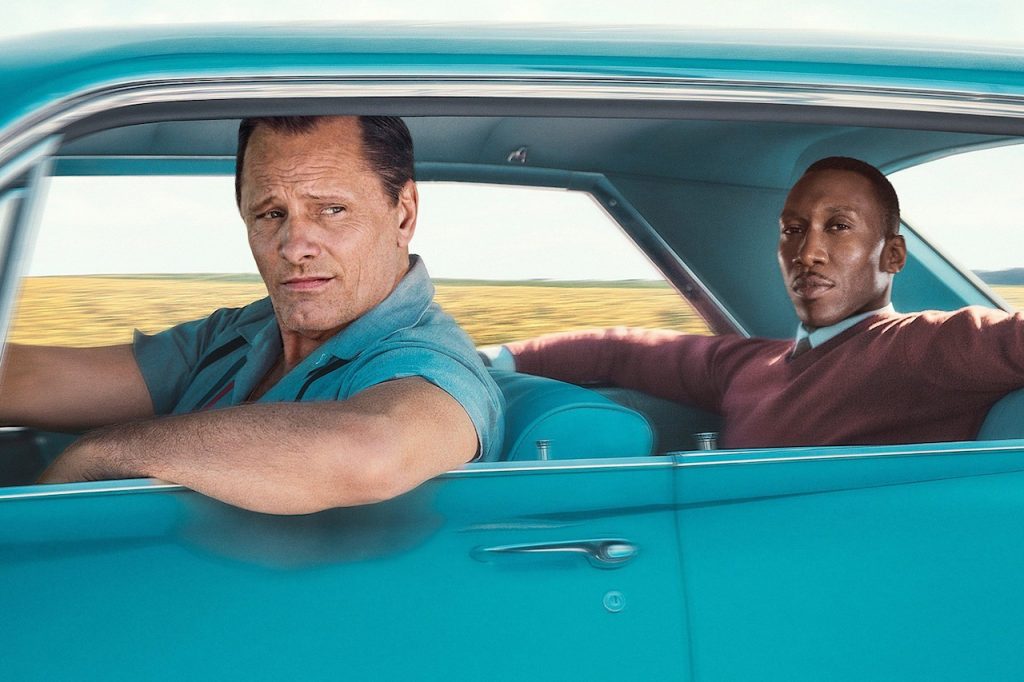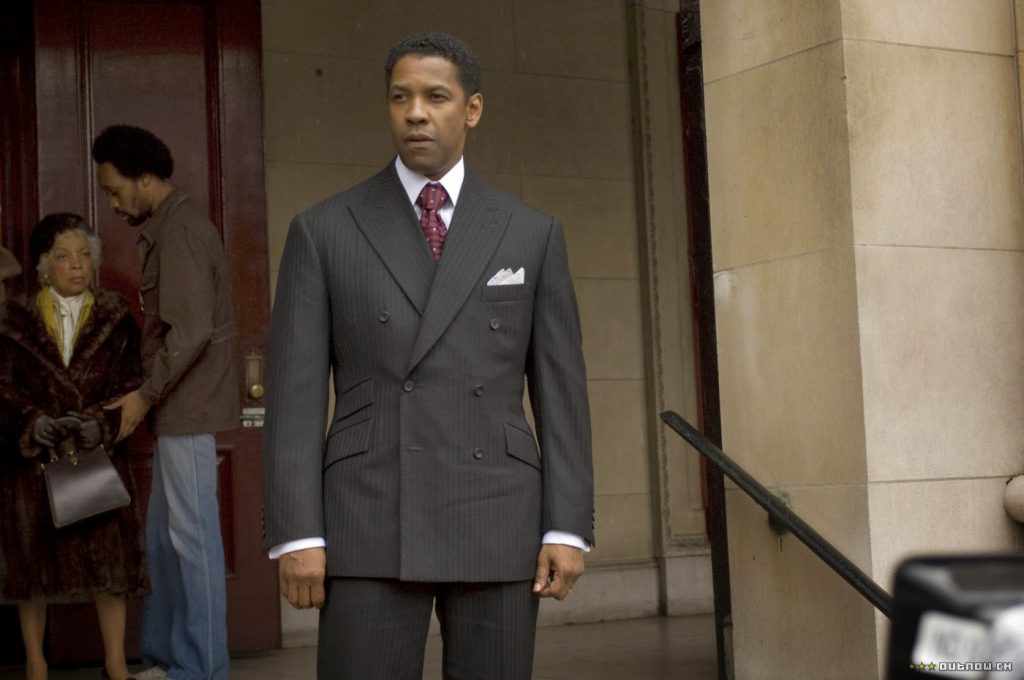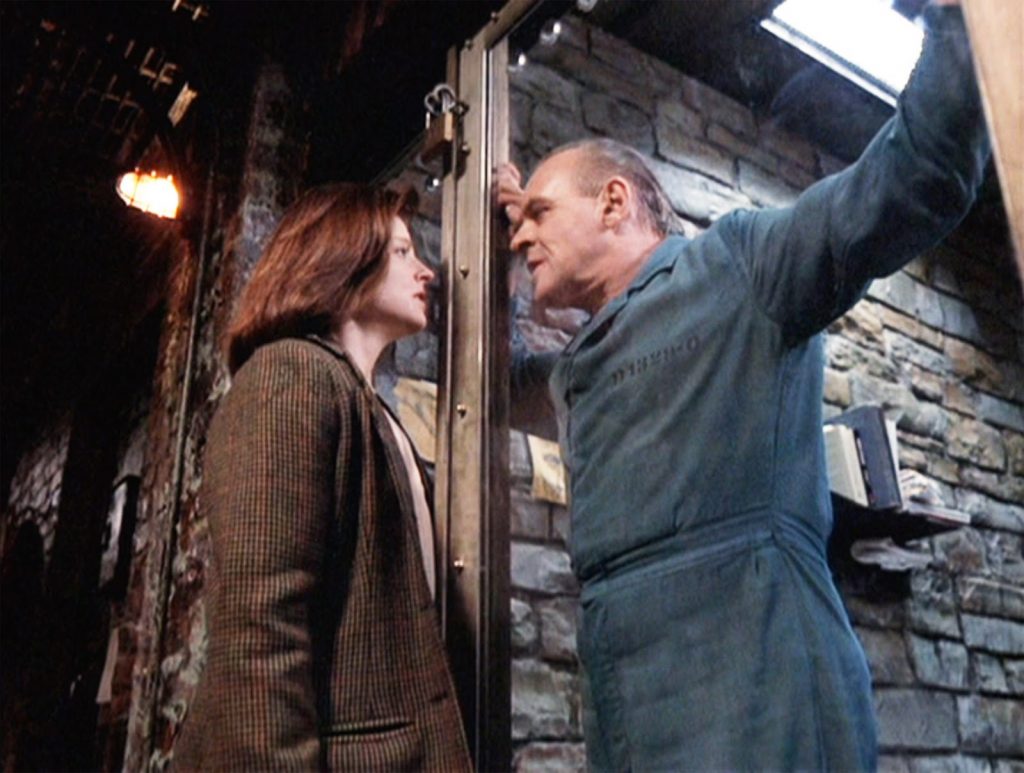- Elevate Your Script With Theme (Part 1)
- Elevate Your Script With Theme (Part 2)
If you’re watching a film and your heart soars or breaks, you’re watching a great film written and executed properly. Chances are you’re also watching a film that has its theme(s) firmly in place. Nothing moves the needle quite as strongly as a universal theme that makes us an intimate part of the storyline.
But what is theme? Is it hard to incorporate into your work? Is it really necessary?
What Is Theme?
Theme ranges from the very fundamental Good vs. Evil, or Good is Rewarded, Evil is Punished to the more complex existential overlays like Self-Determination or taking a Leap of Faith.
Literary themes, long established, form the backbone of some classic books. Identity, Justice, Sacrifice, Love of Country, Love of Family, Unrestricted Ego, etc. provide us with some strong overarching motifs for stories that interweave and overlay the narrative, characters, and time.
Tale of Two Cities speaks of sacrifice. Shakespeare’s tragedies tell of ego unbound. The Hunchback of Notre Dame breaks your heart with the pain of a man shunned for his appearance.
Film took on these themes right from the start. Citizen Kane, The Wizard of Oz, and The Grapes of Wrath – all were constructed with theme in mind. Of course, much of those early films were also based on novels or plays, but the point is valid – movies grew up and started to mean something more than moving images when theme started to be incorporated.
Theme is a unifying concept; something that brings the story pieces into a fine focus. Your characters, narrative, and structure should all be incorporating the concept of theme into whatever parts your writing.

Tony Vallelonga (Viggo Mortensen) & Dr. Don Shirley (Meharshala Ali) in Green Book
Take this excerpt from Green Book, an Academy Award-winning film from a few years ago. In it, Viggo Mortensen is a driver for a musical prodigy played by Mahershala Ali. The concept of the Green Book itself speaks volumes about theme since it’s a guide that tells African-Americans where they’re ‘allowed’ to eat and stay. That’s never more strongly shown than at the hotel restaurant where the genius pianist will be playing and tries to go to dinner before the show.
Lip NOTICES Shirley (now in his tux) and the MAITRE D’ having
a conversation at the entrance. Lip walks over.
LIP
What’s the problem?
DR. SHIRLEY
This gentleman’s saying I can’t
dine here.
LIP
(to Maitre D’)
No, you don’t understand, this guy’s playing here tonight
— He’s the main event.
MAITRE D’
I’m sorry. It’s the policy of the restaurant.
Graham Kindell, the congenial GM, joins them.
GRAHAM KINDELL
Everything all right?
LIP
No, it’s not all right. Dr. Shirley’s
being told he can’t eat here.
GRAHAM KINDELL
(to Shirley)
I apologize, but these are… longstanding
traditions. I’m sure you understand.
DR. SHIRLEY
No. I don’t. In 45 minutes I’ll be entertaining
your guests up on that stage, but I can’t eat here?
Graham Kindell shifts uncomfortably.
LIP
Wait a minute. You’re tellin’ me the bozos in his band,
and the schlubs that came to see him play can eat here,
but the star can’t?
Customers take notice. It’s getting embarrassing.
GRAHAM KINDELL
I’m afraid not.
There’s also a great line delivered earlier that speaks to the many underlying themes in this film, “There is no genius without courage.”
So, to my thinking, theme is the answer to the question of why? Why are we watching this movie, writing this script? What is the message we’re trying to convey? It’s no accident that the many celebrated films have lessons we, as an audience, need to explore. Most, if not all of the Oscar winners have these impressive lessons at their core.
Marry a great concept with a strong theme and Hollywood will make you a star.
Theme Is Baked In
Even if theme remains amorphous to you, the very essence of most films have themes baked into them. Villains brought to justice is a massively popular theme. Good Is Rewarded, Evil is Punished – we could write that over 99% of the material that we create or consume. Power Corrupts and Absolute Power Corrupts Absolutely is another favorite because it deals with something we all understand – ego.

Frank Lucas (Denzel Washington) in American Gangster
American Gangster follows real-life gangster Frank Lucas. He steps in when his boss, Bumpy Johnson, dies of a heart attack. As Denzel Washington’s Lucas character builds an empire never dreamed of in Harlem, he also becomes filled with ego thinking he’s invulnerable. And for a good part of the movie, he is.
From the script:
Before the last word is out of Tango’s mouth, Frank’s got a
gun pressed against his forehead.
TANGO
What’re you going to do, boy? Shoot me
in broad daylight? In front of everyone?
FRANK
Yeah, that’s right.
Frank pulls the trigger and the big man falls back like
someone hit with a board. Frank stands over him and empties
the gun in his chest, the shots echoing down the street.
Then it’s quiet again. Everyone’s still looking him, but
Frank doesn’t run. Instead, he calmly reaches into Tango’s
suit pocket, takes out a money clip thick with cash, drops
it in the “jar” and sets it next to the body.
FRANK
For the cops. Should be enough.
Frank returns to the diner and sits back down, ignoring the
astonished stares from his brothers and everyone else in the place.
Up to this point, Lucas has been content to allow Bumpy’s somewhat laissez-faire attitude toward rivals to reign. Once he takes over and becomes increasingly ego mad, Lucas becomes brutal and spins out of control. As his power grows, he eventually challenges the rulers of the drug trade in Harlem, the Mafia, becoming what he never was, what he despised which was a merciless thug. This thematic overlay of absolute power becomes his downfall as another idiom/ theme becomes evident, pride goeth before a fall.
Universal Themes
A love story is universal and by adding one to your script you tap into a place in which your audiences lives, where we all live. Even if the love story is a difficult one, or unhappy, we all relate. Love transcends cultures, ideologies, age, religions – just about everything. No one is immune to love and its power to infuse our lives.
I could list 10,000 stories where love plays a key role. In Twilight it’s a vampire movie but driven with a romance between the Bella and Edward characters. That love story, perhaps the whole point of the series, is what keeps audiences enthralled with the storyline.
Any romantic comedy has love firmly at it core. It’s the raison d’etre. Name one that doesn’t. There’s always a storyline, a plot, some weaker than others, but it doesn’t matter – love is the key that drives the stories.
Another universal theme is that evil must be challenged and defeated. How many thousands of stories delve into this hip deep? What superhero movie would be anything interesting without a good villain? Murder mysteries rise and fall on the anti-social behavior of the murderer with serial killers topping the list.
We will never run out of fictional killers to abhor with men like Hannibal “The Cannibal” around.

Clarice Starling (Jodie Foster) & Hannibal Lecter (Anthony Hopkins) in Silence Of The Lambs
Famously, in Silence Of The Lambs:
DR. LECTER
You’re a tough one, aren’t you?
CLARICE
Reasonably so. Yes.
DR. LECTER
And you’d hate to think you were
common. My, wouldn’t that sting!
Well you’re far from common, Officer
Starling. All you have is the fear of it.
(beat)
Now please excuse me. Good day.
CLARICE
And the questionnaire…?
DR. LECTER
A census taker once tried to test
me. I ate his liver with some fava
beans and a nice chianti… Fly back
to school, little Starling.
He steps backwards, then returns to his cot, becoming as still and remote as a statue.
Some other universal themes explored in stories:
Coming-Of-Age: Movies like American Pie, Eighth Grade, Chemical Hearts, The Summer of 42, Stand By Me, all base the narrative movement on the transformations the characters undergo at a particular point in time as does the TV series The Summer I Turned Pretty. In some ways, Stranger Things is also a coming-of-age theme as everyone grows up when Eleven comes into and changes their lives.
Racism: This could also be called hate. Movies like Green Book, American X, The Hate You Give, and Skin all have hate at their core.
Family: Good, bad, or in-between films and shows about family score big. We all have families or lack them and so the concept drives a lot of stories. Dallas, Yellowstone, The Waltons, and Loud House all captivate us with families we either want to join or avoid.
Found Family: Fast and Furious and Guardians of the Galaxy, a grouping of people who choose to be with each other. It could also be called friendship which is another strong theme in a lot of movies.
Redemption: Audiences love redemption movies. Nothing like the concept that we can overcome any situation, even a horrible one of our creation as long as we are contrite and sincere.
People vs Technology/ Monsters: This is a thematic conflict concept but it bears mentioning since each has underlying themes that engage us. 2001, an early look into a problem of A.I. and our inability to control what we create. Species and The Terminator series, etc. are incredible entries into this theme’s world beat.
God is an everywhere theme. Even if you don’t use Big G, small g is valid – which also includes the supernatural or the unexplainable. In movies like “Gods of Egypt”, “Legion”, “Michael”, “The Shack” use this universal theme as does “The Chosen One” TV series.

